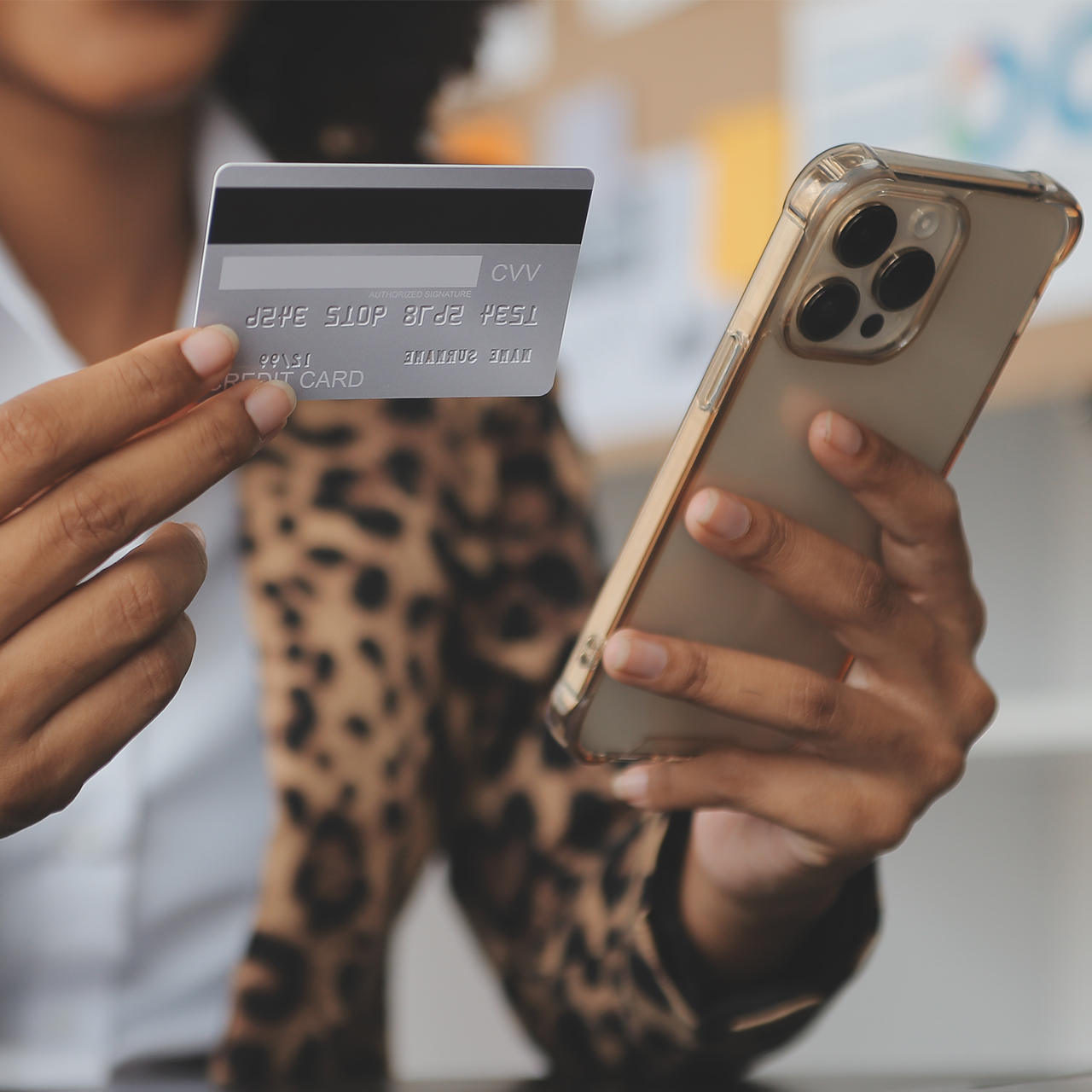’Tis the season to protect your data and credit card information with all of your might when you’re online.
Holiday scammers are out there and just waiting for opportunities to infiltrate your data. Often times, these unsavory digital scammers don’t even need to work hard. Their convincing tactics often get innocent people to give up their information without thinking twice about it. Worse: you may not know your information has been compromised until your bank calls you about suspicious charges (if you’re lucky enough to get that call).
One cybersecurity expert wants to keep you and your wallet safe from scammers, and her tips are so simple and easy to follow. Here are her three top tips on staying safe this holiday season when you’re online.


Only Donate to Trusted Charities
One big holiday scam is hackers creating fake charities that unsuspecting and generous givers contribute to. Check on Charity Navigator and Better Business Bureau to make sure the charity it legitimate and also confirm the spelling of the name of the organization, as “some hackers make it look like a real charity but there are minor typos.”

Don’t Click on Suspicious Links
Another way scammers succeed in getting your information with as little effort as possible is by sending you emails that are designed to look as if they appear from legit companies and senders. These emails can claim you’ve won a big prize (for a sweepstake you never entered) or that you owe money to a site you might visit for shopping, or that you need to reset a password to one of your accounts. A link will appear in the email, but if you click on it, the hacker can download malware to your phone and steal your data. Never click on suspicious links.

Don’t Provide Personal Information
It’s very rare for any legit business to email you asking for personal information such as your social security number or bank account information. If you receive these emails, do not reply with your entire life story. Either delete the email or, if you aren’t sure if it’s real, call the company yourself to make sure they need personal information from you.


























